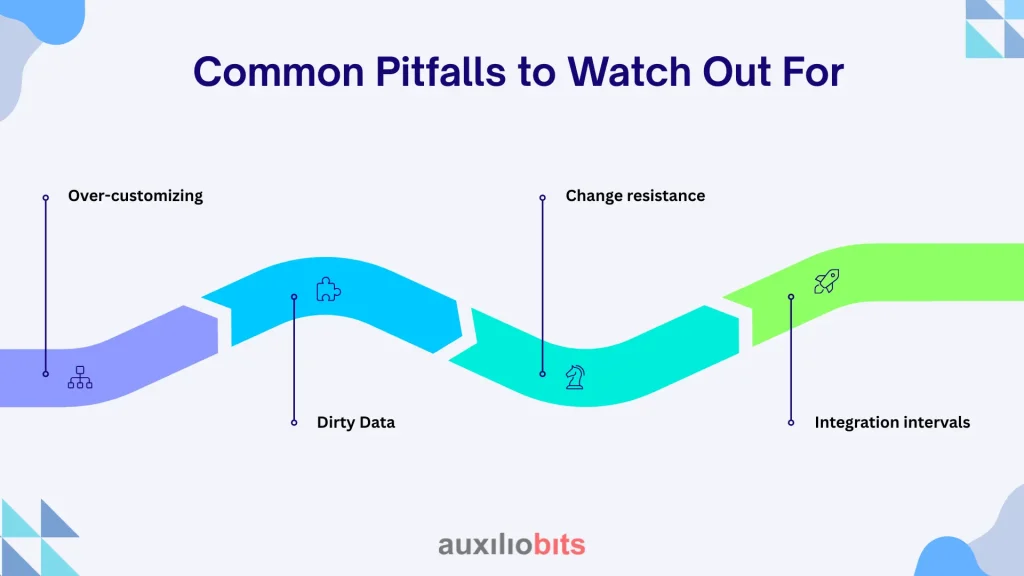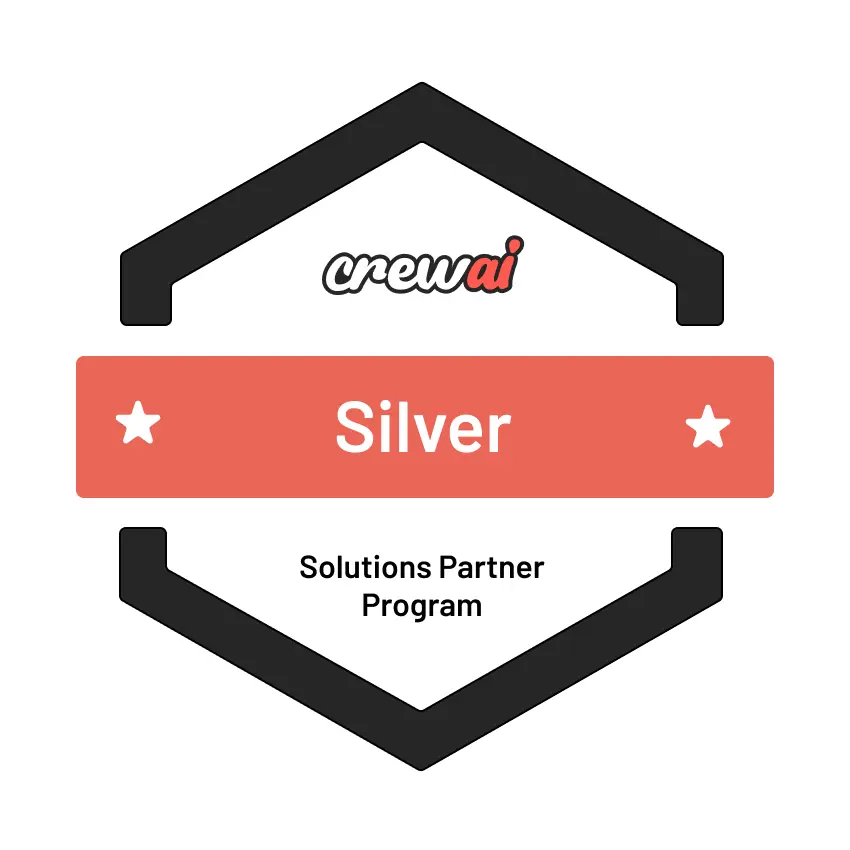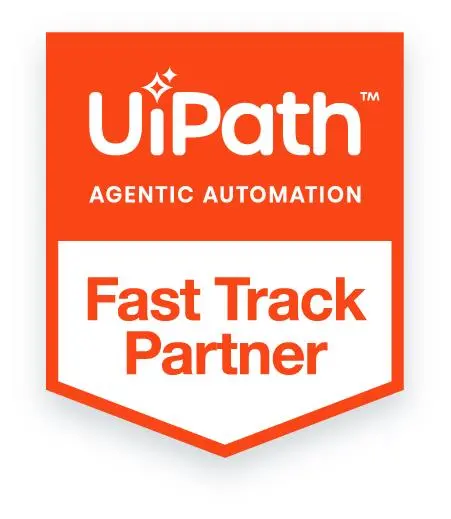
Key Takeaways
- Manual timesheet validation wastes hours and drains morale; automation strips away repetitive checks.
- RPA enforces compliance with rules—think hours worked, cost codes, and approval routing.
- AI agents add intelligence by catching anomalies, flagging fraudulent entries, and learning patterns.
- Together, they cut cycle times, improve billing accuracy, and strengthen audit readiness.
- The result isn’t just efficiency—it’s trust between employees, managers, and finance teams.
Anyone who has lived through the month-end ritual of validating employee timesheets in Maconomy (or any ERP, really) knows the pain. Endless spreadsheets, follow-up emails, hours that don’t reconcile, and projects mis-coded to the wrong client. It’s a grind that eats into weekends and leaves managers exhausted.
Oddly enough, this process is still one of the least automated parts of many organizations. Invoices, payables, and even expense management often get RPA attention first. Timesheets? They’re treated as a necessary evil, left to human patience. But here’s the irony: timesheet data directly feeds into project billing, payroll, and compliance reporting. Get it wrong, and everything downstream suffers.
That’s where automation—both RPA and AI—steps in. Not as a silver bullet, but as a set of tools to finally bring order to the chaos.
Also read: Best Practices for Process Discovery Before RPA Implementation
Why Timesheet Validation Drains Teams
Validating timesheets is deceptively simple. It sounds like “check hours, confirm project codes, approve.” In reality, it’s a tangled process with dozens of checks:
- Hours worked exceed weekly or contractual limits.
- Entries don’t align with holiday calendars.
- Missing approvals from project managers.
- Incorrect or inactive cost codes assigned.
- Overtime misclassified or missing justification.
- Duplicate submissions or overlapping shifts.
Multiply that by hundreds (sometimes thousands) of employees across multiple projects, and it becomes a monster. In professional services firms using Maconomy, for example, a single error in coding can delay client invoicing for weeks. In industries like construction or consulting, unvalidated timesheets ripple into revenue leakage.
So yes, validation is tedious. But it’s also high-stakes.
The Hidden Costs of Manual Checks
The obvious pain point is time. Finance or HR teams spend days reconciling entries, chasing employees for corrections, and emailing managers for approvals. But the hidden costs are even worse:
- Revenue leakage when incorrect hours are billed—or worse, not billed at all.
- Audit headaches if labor compliance rules aren’t followed (especially in government contracts).
- Employee frustration when payroll errors creep in due to timesheet mistakes.
- Manager burnout from spending evenings approving or correcting entries.
A global engineering firm once admitted that timesheet errors were delaying nearly 8% of their client billing. That’s not just inefficiency—that’s money left on the table. And this is not just billing. The incorrect labor allocation project can throw out profitability reports, causing false feelings of financial health. Executive officers decide on flawed data, and that there is a compound in malfunctioning under the line.
How RPA re-presents verification
RPA (robotic process automation) is not glamorous, but for repeated tasks such as timely verification, it is a game-changer
- Cross-check submitted hours against contracts and HR policies.
- Verify that project codes are active and match the right client/project.
- Ensure approvals follow the correct hierarchy in Maconomy.
- Flag missing or duplicate entries automatically.
- Trigger reminders to employees with incomplete submissions.
Instead of finance associates running pivot tables and emailing reminders, bots quietly enforce rules in the background. It’s not just about speed. Bots reduce the “fatigue errors” that humans inevitably make after staring at spreadsheets for hours. They don’t get sloppy at 6:00 pm on a Friday.
AI Agents: From Compliance to Intelligence
But rules alone don’t cover everything. Timesheet fraud, for instance, rarely violates obvious rules-it hides in patterns. That’s where AI agents come in.
AI brings the ability to analyze data contextually:
- Spot anomalies: If an employee consistently logs exactly 8 hours every day, AI might flag it as robotic behavior worth review.
- Compare historical patterns: If a consultant usually bills 30 hours to Project A and suddenly logs 60, the system can alert the manager.
- Predict missing entries: AI can forecast expected hours based on prior weeks and highlight gaps.
- Natural language validation: Some firms now let AI agents read justification comments (e.g., “client workshop ran late”) and assess plausibility.
In practice, AI isn’t replacing managers’ judgment—it’s giving them sharper instincts. Imagine a bot handling 95% of checks and AI surfacing the 5% worth a manager’s time. That’s a very different workload.
Real-World Use Cases
This isn’t a theory. Companies are already rolling this out in different ways:
- Consulting firms use RPA to validate project codes in Maconomy before timesheets move to billing. AI agents then run anomaly detection to prevent underbilling.
- Government contractors employ bots to enforce compliance with the Defense Contract Audit Agency (DCAA) rules—hours must be logged daily, overtime coded correctly, and no retroactive edits.
- Healthcare organizations rely on AI to catch overlapping shifts in nursing schedules—critical not just for payroll accuracy but also labor law compliance.
- IT service providers automate the dreaded “chase emails” for unsubmitted timesheets. Bots send reminders at 4:00 pm Friday, escalating only the exceptions to managers.
Common thread? The automation handles the volume, the AI filters the nuances, and the human steps only where the decision matters.
Industry-Specific Approach
In separate industries, spattings are different for headaches:
- Professional services: Every hour connects the client directly to the billing. The accuracy is equal to revenue.
- Construction: Labor costs tie into project budgets, compliance, and union rules.
- Healthcare: Overtime and double-shifts can breach regulations if unchecked.
- Public sector: Auditability is paramount-retroactive timesheet edits without trails can be fatal.
Maconomy, widely used in consulting and professional services, is especially ripe for automation. Its native workflows are strong but rigid. Bots smooth out the friction-validating entries before they clog up billing pipelines.
Why Teams Embrace It
Honestly, most people don’t mind losing this part of their job. Few finance managers or project leads signed up to spend Sunday nights chasing timesheet approvals. Automation brings relief:
- Billing cycles shorten, meaning revenue recognition improves.
- Employees trust payroll more-fewer errors equal fewer complaints.
- Audit trails are cleaner, making compliance reviews less combative.
- Morale improves, not because the work disappears, but because the worst parts of it do.
Common Pitfalls to Watch Out For
Of course, not every rollout goes smoothly. A few patterns show up again and again:

- Over-customizing: Trying to automate every edge case from day one. It is better to start with 80% of the rules and expand later.
- Dirty Data: AI cannot learn that the spiral is full of historical discrepancies. Clean-up comes first.
- Change resistance: Employees can see the bot as monitoring rather than support. Communication case.
- Integration intervals: Some ERP systems (even Maconomy) do not highlight each verification area through API. Expect workarounds.
Ignore these, and you’ll burn more hours fixing automation than you save.
How to Start the Right Way
Practical advice? Don’t launch a grand transformation. Pick one chokepoint. Maybe:
- Automate the Friday 4:00 pm reminders.
- Build a bot to cross-check project codes against active jobs in Maconomy.
- Start anomaly detection on just one department’s timesheets.
Then expand.
Some tactical tips from the field:
- Get IT and HR talking early—Maconomy configurations often straddle both.
- Audit your policies—if rules aren’t written down, bots won’t know what to enforce.
- The pilot quietly runs the automation in parallel for a month before making it mandatory.
- Educate managers—show them the bot’s dashboard so they see how it’s helping, not policing.
Done this way, automation builds trust instead of resistance.
Looking Ahead: Continuous Timesheet Validation
If finance is moving toward “continuous close,” timesheets aren’t far behind. Imagine a world where:
- Entries are validated in real-time as employees submit them.
- AI agents nudge employees mid-week: “You usually log 6 hours on Project X-did you forget today?”
- Approvals happen seamlessly through mobile notifications, not inbox backlogs.
- Payroll, billing, and compliance teams all work from the same clean, validated dataset.
That’s not fantasy—it’s already being piloted in global consultancies. The tools exist. It’s a question of adoption speed. And frankly, the competitive pressure is building. Firms that automate will bill faster, forecast better, and hold tighter compliance posture than those who stick to manual drudgery.
Final Thoughts
Timesheet validation isn’t glamorous, but it’s foundational. Revenue recognition, payroll, client trust—all of it depends on clean, timely data. For years, companies threw people at the problem, burning morale and missing revenue opportunities.
Now, automation is reshaping the equation. RPA enforces the rules, AI finds the exceptions, and humans finally get back to the work that matters: managing projects, serving clients, guiding strategy.
If your Maconomy or ERP setup still feels like a black hole of unvalidated timesheets, the path forward is clear. Start small, automate smartly, and build momentum. Before long, the Friday-night timesheet chase will feel like a relic of a less efficient era.








